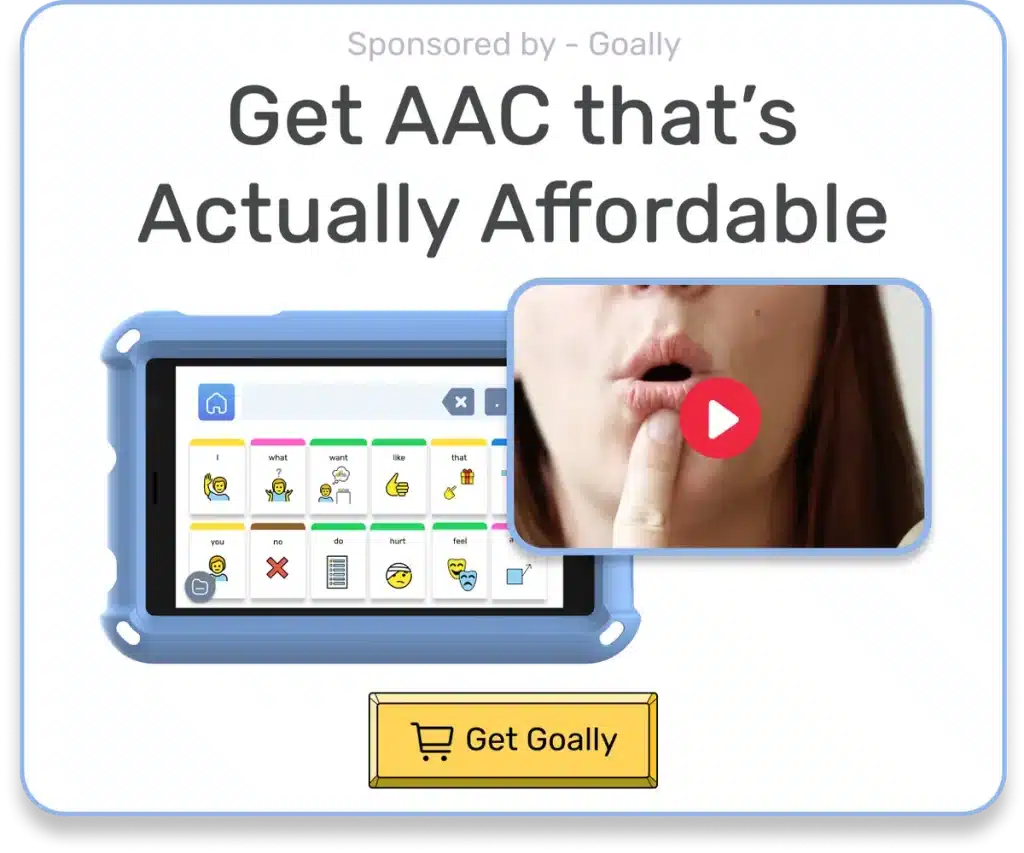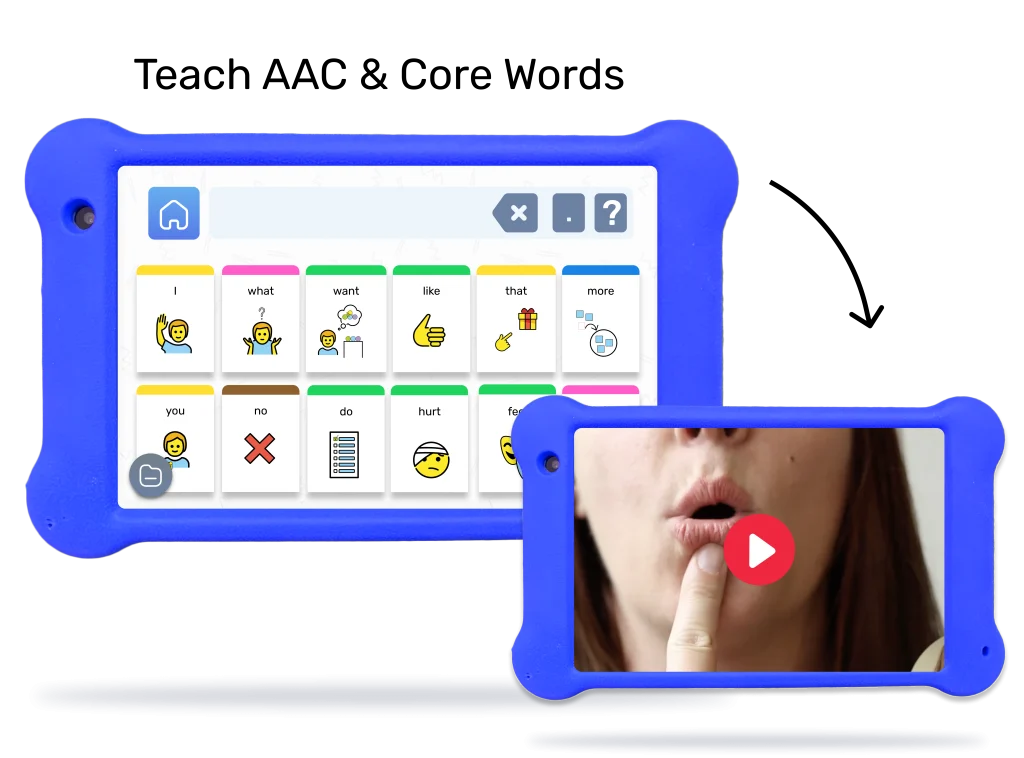About 1 in 44 children have Autism Spectrum Disorder. ASD spreads across all socioeconomic, ethnic, and racial groups. If your child has autism, they might communicate differently and struggle to express themselves. You may wonder what you can do and how you can better understand their form of communication. Read this guide to answer the question, what is echolalia, and learn how you can support your child’s development.
Table of Contents
What Is Echolalia?
Children with autism tend to have trouble interacting and communicating with others. They might also have limited activities or interests. A lack of communication might hurt their ability to function at school, in social situations, and other areas of life.
Echolalia is the echoing or repetition of sounds or words. It’s a crucial part of language development in children. Echolalia can be a sign in neurodivergent children that can last longer than toddlerhood. It can also be a result of neurological problems.
“Which language games will help my kid the fastest?” 👇
Goally’s tablet has some of the top language learning games & apps that help kids learn their first 50 words, practice finger dexterity & fine motor skills, AND communicate with AAC.
What Is an Example of Echolalia?
If your child repeats your questions instead of answering them, they might have echolalia. This is a common behavior in children who are learning a language or practicing communication. For most children echolalia will be gone by the time they turn three, but if your child has a developmental delay or autism, they might continue to use it into their childhood. To help your child overcome echolalia, it’s essential to understand why they’re doing it and develop a treatment plan accordingly. Sometimes, children need extra time to process external stimuli and what people say to them. Repetition can be an effective way for them to learn new words and concepts.

See on Instagram
Types of Echolalia
There is immediate and delayed echolalia. Delayed echolalia is a delayed repetition of words for days or hours after hearing them. Immediate echolalia is when they repeat it right away. There might be a delay while talking to someone. Your child might show signs of depression, muteness, or frustration during conversations. If you ask your child questions, they may become irritable if they don’t understand.
Interactive Echolalia

Interactive echolalia is when they attempt to communicate with others. Providing information is when they use speech to offer new information. This information might be hard to piece together. They might sing a song or say a phrase instead of explicitly answering the question. Turn-taking is when children use phrases to fill sentences. They might also use requests. Requests are when they might state questions to ask for certain things.
Non-Interactive Echolalia
Situation association is when an activity, person, visual, or situation triggers speech that’s not communicative. They might sing a song from commercials for a brand-name product. Self-direction is when they walk themselves step-by-step through a process. Non-focused speech is when they say something with no relevance to the topic. Rehearsal is when they might say the same phrase repeatedly to themselves before using their normal voice.
Functional vs. Non-functional
Functional echolalia is when a memorized phrase serves a purpose. For example, your child might repeat a phrase they heard on television to state that they want something. Non-functional echolalia means that the words or phrases don’t have a meaning. They could repeat words that might cause you confusion.
Some children can memorize the entire script of a show. While they memorize the whole script, they might not understand the meaning of the characters. Repetition might be a calming effect for them. It can feel difficult to distinguish between the two.

Functional echolalia can be helpful since it shows that your child can communicate their wants and needs. Through practice, your child’s speech can become more typical with time. It’s not about eliminating echolalia since it can serve a purpose. For example, it might calm your child instead of exhibiting troubling behavior.
The Purpose of Echolalia
Kids can use echolalia for a variety of reasons, like initiating or continuing a conversation, getting someone’s attention, or making requests. Sometimes, it can be hard to decipher their intent, but it’s crucial to pay attention to the context. They might even ask questions when they actually dislike or don’t want something. Echolalia helps kids to move forward with their communication skills, and eventually, their language becomes more flexible.
If your child is feeling upset or tired, they may use echolalia more often. As they become more proficient in their language skills, they might start using one or two words to express themselves. Gradually, they’ll start to modify these language chunks and combine different words and phrases. Before that, they may have been using pieces of language without grasping their meaning. This type of language processing is known as Gestalt Language Processing.
Causes
Your child might experience a stressful situation and use repetitive speech to reflect this. It’s also a way for them to work through a difficult process. They might use words or phrases they’ve heard teachers, their peers, or their television use. Also, it’s a way for them to say yes when they ask a question.
How To Help Children With Echolalia
Remember that echolalia is a stepping stone for your child’s speech to progress. Reach out to a specialist to have your child tested and treated. They could offer an ABA therapy program to help your child expand their language.

Goally | Teach Kids AAC & Core Words
Is your child facing challenges in expressing themselves or communicating effectively? Goally’s language apps support their journey in building essential communication skills! All of these apps are included our skill-building tablet made for kids.

The Word Lab and AAC Talker apps provide a simple, engaging platform for your child to learn core words and become a functional communicator right from the start. Customize the experience with a voice that suits them, and watch as their confidence grows in expressing their thoughts and needs!
But we don’t stop there. Our Balloon App helps build the skills needed to use AAC by engaging your child with fun, interactive “pop the balloons” exercises. It’s a game-changer for kids who need that extra boost in communication.
After exploring this guide, you should be able to answer the question, what is echolalia? Take your time trying to find context clues in your child’s speech and discovering whether it’s functional or non-functional echolalia. Once you understand exactly what your child is struggling with, you can help guide them to the best resources for their development.
FAQs About What Is Echolalia
What is echolalia? Echolalia is a behavior in which a person repeats words or phrases that they hear, often without understanding their meaning. What causes echolalia? Echolalia can be a part of normal language development in children, but it can also be associated with developmental delays, autism, and other neurological conditions. Is echolalia a sign of autism? Echolalia is common in children with autism, but it is not always present and is not a definitive sign of the condition. How can echolalia be treated? Treatment for echolalia typically involves identifying the underlying cause and developing strategies to improve communication and language skills, such as speech therapy, social skills training, and augmentative and alternative communication (AAC) devices. Can echolalia go away on its own? Echolalia may go away on its own as a child's language skills improve, but in some cases, it can persist into adulthood and require ongoing treatment and support.
This post was originally published on 12/06/2022. It was updated on 06/19/2023.

Goally
We help parents teach their kids life skills, like doing bedtime and morning independently. Backed by science, we incorporate evidence-based practices and expert-informed designs in all of our apps and content.





